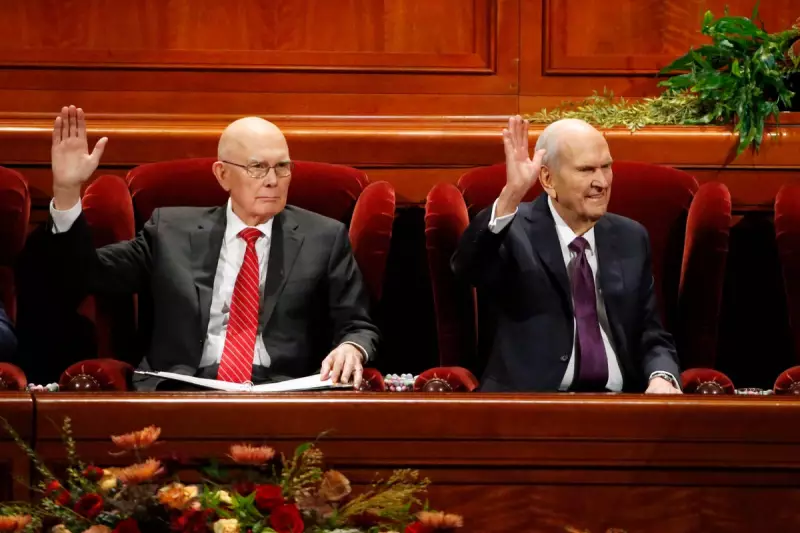
The Mormon Church is facing unprecedented scrutiny following explosive revelations about its secretive financial dealings, including a colossal $100 billion investment fund and the acquisition of exclusive Hawaiian property.
According to recent reports, The Church of Jesus Christ of Latter-day Saints has built an investment portfolio of staggering proportions through its Ensign Peak Advisors fund, while simultaneously purchasing luxury real estate in Hawaii - moves that have left both members and observers questioning the organisation's financial transparency.
The $100 Billion Question
Ensign Peak Advisors, the church's investment management firm, has quietly amassed wealth approaching $100 billion, making it one of the largest investment funds globally. This enormous financial reservoir has been accumulated through decades of member tithing - the practice of donating 10% of one's income to the church.
What makes this situation particularly controversial is that while the fund grew to unprecedented sizes, the church continued to emphasise the importance of financial contributions from its members, many of whom come from modest backgrounds.
Paradise Purchased: The Hawaii Controversy
Adding to the growing concerns, the church has been acquiring significant property holdings in Hawaii, including exclusive beachfront land. These purchases have raised eyebrows about how religious organisations should balance wealth accumulation with their spiritual missions.
The Hawaiian acquisitions include prime real estate that critics argue could be seen as inconsistent with the church's teachings on humility and modest living.
Whistleblower Sparks Investigation
The financial revelations came to light through a former investment manager who grew concerned about the ethical implications of such massive wealth accumulation. His decision to come forward has triggered both internal reflection within the Mormon community and external scrutiny from financial regulators.
The whistleblower's allegations suggest that the church may have been less than transparent about the true scale of its financial holdings, even with its own membership.
Broader Implications for Religious Organisations
This case raises fundamental questions about financial transparency in religious institutions worldwide. As churches and religious groups operate with significant tax advantages and limited financial disclosure requirements, the Mormon Church's situation highlights the ongoing tension between religious autonomy and public accountability.
Many are now asking: at what point does religious financial privacy become problematic secrecy?
The Church of Jesus Christ of Latter-day Saints now faces a critical moment of reckoning, balancing its religious mission against growing calls for greater financial transparency and ethical stewardship of member contributions.





